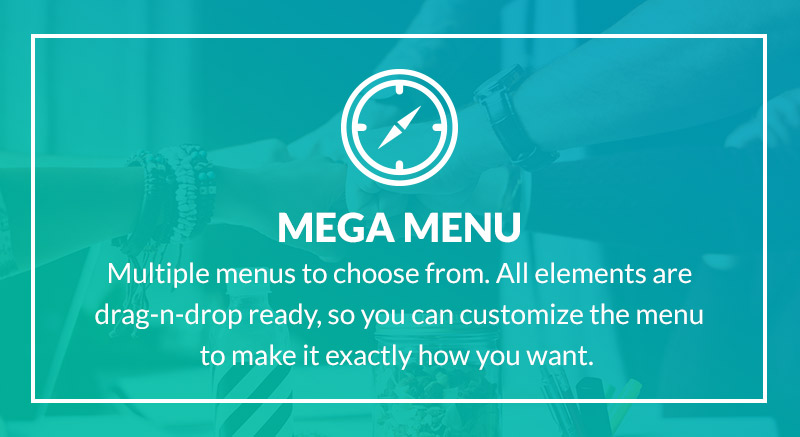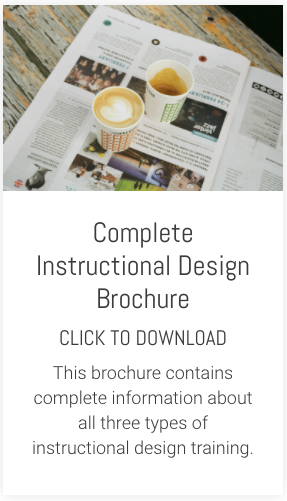Go round any learning technology-focused trade show or exhibition and you won't be able to move for them. Who am I talking about? The sharp-suited sales people hanging around on those flashy, expensive stands, of course.
These are the people promoting their latest rapid e-learning application. You know, the one that's going to help you build e-learning courses in no time at all, with no required programming. All your e-learning problems will be solved. All your Christmases will come at once.
When money's tight and everyone is finding it harder to make a buck, the promise of rapid e-learning is a deeply attractive one. Especially if you are the stressed L&D professional constantly trying to achieve more for less.
But what is rapid e-learning exactly? Is it an urban myth? And if it does exist, does it actually improve learning and performance?
Put a bunch of e-learning practitioners together in a room and I'm not convinced they'd be able to come up with a definition of rapid e-learning they could all agree with. But let's live dangerously and see what we can come up with here.
For some people rapid e-learning is all about the software. In a software-driven paradigm, it's all about tools that allow just about anyone to create and publish e-learning courses with little or no programming knowledge. It's about the change from the early days of e-learning when you needed significant programming skills to achieve anything of worth.
For others, rapid e-learning is defined by the ease of the production process. In this view of rapid e-learning, just one or two people can wear many hats. Gone are the days of huge development teams and endless production cycles.
Whatever your definition, rapid e-learning needs an authoring tool of some description. And broadly speaking, development tools fall into two broad categories: free-form and form-based.
Free form: the name gives it away, really. Free form tools start with a blank screen which allows the e-learning author to create a structure s/he wants. Inevitably, this still requires some setting-up and choosing functionality.
Form-based: in a form-based authoring tool, the software does pretty much everything. All you have to do is add the content. The negative here, of course, is the forms. They only give you what they are designed to. If you want anything outside of this, you are back to needing programming skills.
But whatever tool you use (whether you consider it 'rapid' or not), there's no getting away from one central question: Just because you can create a course rapidly, should you? And one central problem: not everyone given an authoring tool (and the training to operate it) is going to develop a great course. In fact many will (and have) built truly awful ones.
The answer to the 'should you' question has to be answered by individual organisations. Only people in that organisation can best work out if e-learning is really the most suitable solution for them.
In answer to the second point, I'd say this. When the technology is new and exciting, all the focus is on the technology. This has been the problem with e-learning for too long now.
In the software-driven paradigm I mentioned earlier, rapid e-learning was meant to democratise development. In many cases, all it did was empower lots of people to create online slideshows with little or no value or effectiveness.
But now we seem to be moving into an era when technology is evolving again. It probably won't be that long before almost no programming skills are required to create sophisticated e-learning
For me, this moment can't come fast enough. This could be the moment when we can finally shift from what I call 'point and click' thinking to instructional design thinking. Finally we can shift the focus to where it's needed to be all along: not about how to programme, but about how to build better courses and more effective learning experiences.
If Articulate Storyline is your 'rapid' e-learning authoring tool and you need some training for yourself or your team, take a look at our in-house training options.











